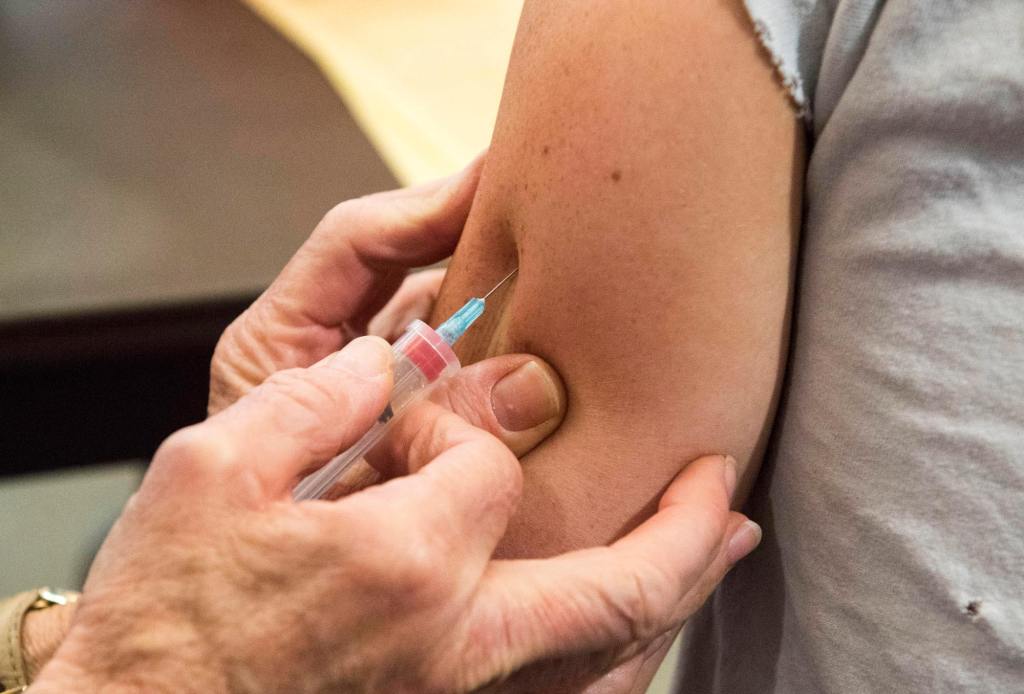The health department has declared a public health emergency after a tuberculosis outbreak at a Long Beach hotel, but the City Council must approve the decision.
As of Monday, April 29, the city had confirmed 14 cases among people “associated with single-room hotels,” according to a Thursday, May 2, news release. A further 170 people “may have been exposed” to the bacteria, but the general risk to the public remains low, the health department said.
The news release states that “people who were staying at the hotel at the time or who may have been infected in other ways” have “been contacted by the health department or will be contacted in the future.” There is.
The Department of Health and Human Services declined to release the name or location of the hotel, citing patient privacy concerns, but said it was a private facility not operated by or under contract with the city.
The source of the outbreak has not been determined in Long Beach.
“Identifying the source of tuberculosis can be difficult because symptoms of tuberculosis can last for a long time,” Dr. Anissa Davis of the city's health department said in a statement Thursday.
Meanwhile, the ministry's public health emergency declaration is aimed at freeing up additional resources needed to contain the current tuberculosis epidemic.
“At this time, the outbreak has been isolated to a specific population and the risk to the general public is low,” the city said. “People at risk from this outbreak have significant barriers to care, including homelessness and housing insecurity, mental illness, substance use, and serious comorbidities.”
Of the 14 tuberculosis cases confirmed since Monday, nine have been hospitalized and one has died, according to the city.
Tuberculosis is an ancient disease caused by Mycobacterium tuberculosis, which spreads through the air, similar to the coronavirus.
However, the city says it is not as rapidly contagious as the coronavirus, and it typically requires prolonged contact with someone who is sick to become infected.
People who are infected with the bacteria but have not started showing symptoms are rediagnosed with latent TB infection and prescribed treatment to prevent the development of active TB.
Only people with advanced tuberculosis can spread the bacteria.
According to the city, people with active tuberculosis will experience a variety of symptoms, including a cough that lasts for two weeks or more, fever, night sweats, weight loss, and fatigue.
According to the U.S. Centers for Disease Control and Prevention, some people develop active TB within a few weeks of infection, while others develop the disease years later or when they become immunocompromised.
Some people never develop an active infection.
The city says the disease can be treated with multiple drugs. However, some people, especially those with weakened immune systems, are at higher risk of severe illness and death.
The number of tuberculosis infections in California has increased every year since 2020, with new cases increasing by a cumulative 24% over the past four years, according to the state Department of Public Health.
Last year, the public health department counted 2,113 new tuberculosis cases, an increase of 15% from the previous year.
Tuberculosis-related deaths are also on the rise, according to the state. According to the ministry, in 2010, about 8.4% of tuberculosis patients died from the disease, while in 2021, 12% of tuberculosis patients died from the disease.
Meanwhile, the Long Beach Health Department is trying to contain the local outbreak with a tuberculosis control program that provides treatment, temporary housing, food and transportation to those infected.
This includes tracing around 170 more people who may have been exposed to the disease, testing them for symptoms and determining whether more people may have been exposed to tuberculosis. .
“The Department of Health will continue to test individuals associated with this outbreak, and the number of infected people and contacts is expected to increase,” the release said.
A public health emergency declaration allows health departments to quickly secure additional resources and take faster action to contain the outbreak.
“The Department requires significant resources for the intensive clinical, outreach, screening, and social support necessary to respond to this outbreak,” the release states. “The department has exhausted its resources to manage this response without declaring a state of emergency.”
According to a news release, the declaration will allow the health department to quickly mobilize city resources, accelerate emergency planning, streamline staffing, coordinate with other government agencies and public health agencies, and eliminate tuberculosis more quickly. It will be possible to purchase supplies for specific treatment.
The city of Long Beach will also be able to request financial reimbursement from both the state and federal governments, which will help raise local awareness of tuberculosis, the release states.
The declaration will be considered for formal approval at the City Council meeting on Tuesday, May 7th.


